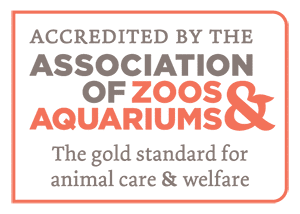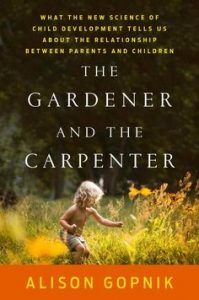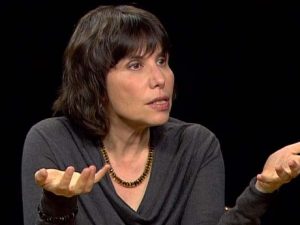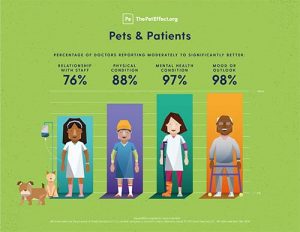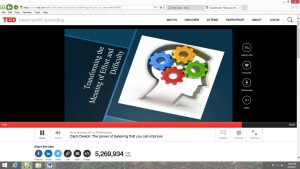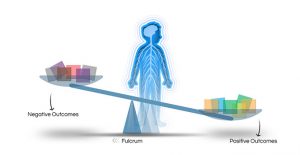Blog
Child Development Research
At CuriOdyssey, child development research is on our radar. We use that science superpower for good in everything from our exhibit design to classroom activities. It is our pleasure to share great child development discoveries with you.
Are you a ‘gardener’ or a ‘carpenter’ parent? Based in a plethora of research, what Dr. Alison Gopnik describes as ‘The Carpenter and The Gardener’ approach to parenting suggests avoiding obsessive goal-oriented parenting, instead fostering open-ended opportunities and letting children roam free to explore, create, make choices and test ideas safely on their own. At CuriOdyssey, kids are let loose to observe, ask “what if” and let the natural world answer their questions. We are the perfect place for gardening, if we do say so ourselves. More on Gopnik’s research and her new book, “The Carpenter and The Gardener” can be found at: https://alisongopnik.com
When do you develop the ability to know someone’s preference may be different from your own? Developmental Psychology helps us answer this question with research on infants and the ‘Theory of Mind’. The ‘Theory of Mind’ (or TOM) is the ability to understand how one’s preferences, desires, intents and more can differ from another person’s. Participating neurotypical infants were shown to lack this perspective at the age of 15 months, only then to have it emerge around the 18 month mark. In mere months, infants will develop this ability to recognize their preferences as being separate from the preferences of another. Alison Gopnik kicks off this Ted Talk on child development by describing the ‘goldfish and broccoli’ infant perspective experiment known by child psychologists all over the world: https://www.ted.com/talks/alison_gopnik_what_do_babies_think#t-618914
What if doctors prescribed a daily dose of animal interaction? The Center for Disease Control acknowledges that current research led by HABRI (Human Animal Bond Research Institute) supports a positive impact of animals on children and adults alike. Although still in infancy, human-animal interaction research thus far supports the idea that children benefit from animals in the realms of reading, cognition, emotional and social skill development. This is a core principle practiced at CuriOdyssey. Check out ‘The Pet Effect’ at https://habri.org/the-pet-effect
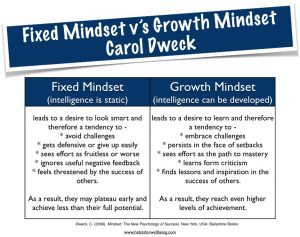
Do you think intelligence can be grown or do you believe we are born with a set amount? You may have encountered rhetoric about ‘fixed versus growth mindsets’ and wondered what all the hoopla is about. Research pioneered by Stanford Psychologist Dr. Carol Dweck found that fostering a growth mindset (believing intelligence can be developed like a muscle) benefits children substantially more so than believing intelligence is a fixed attribute. At CuriOdyssey, we give kids the tools to develop this “muscle.” You can find Dr. Dweck speaking on fixed and growth mindsets and real world outcomes in the first half of her Ted Talk here: https://www.ted.com/talks/carol_dweck_the_power_of_believing_that_you_can_improve#t-143644
When a child you know does well academically, do you say ‘good job, you’re a smart kid’ or ‘good job, your practice paid off’? As Dr. Carol Dweck touches on in the second half of her Ted Talk (linked previously and below), research has shown that praising intelligence more than effort can do more harm than good. For the generation of tomorrow, whether a child develops a fixed mindset or a growth mindset is influenced by the goals provided to them and the feedback given. We know having a fixed mindset can cause children to disengage and give up when facing difficult problems, as they conclude things like, ‘if it’s hard for me, I am just not smart enough’. Carol Dweck’s Ted Talk is a great intro into the subject, and can be found at: https://www.ted.com/talks/carol_dweck_the_power_of_believing_that_you_can_improve#t-143644
Why do some children do well despite adverse experiences? From Harvard, we know, “Science tells us that some children develop resilience, or the ability to overcome serious hardship, while others do not. Understanding why…can inform more effective policies and programs that help more children reach their full potential.” Visit Harvard’s pages to learn about resilience research:
https://developingchild.harvard.edu/science/key-concepts/resilience/
Join the CuriOdyssey Community
LOCATION
1651 Coyote Point Drive
San Mateo, CA 94401
Ohlone Land Acknowledgement
650-342-7755
info@curiodyssey.org
CuriOdyssey is a 501(c)(3) non-profit, Tax ID 94-1262434
